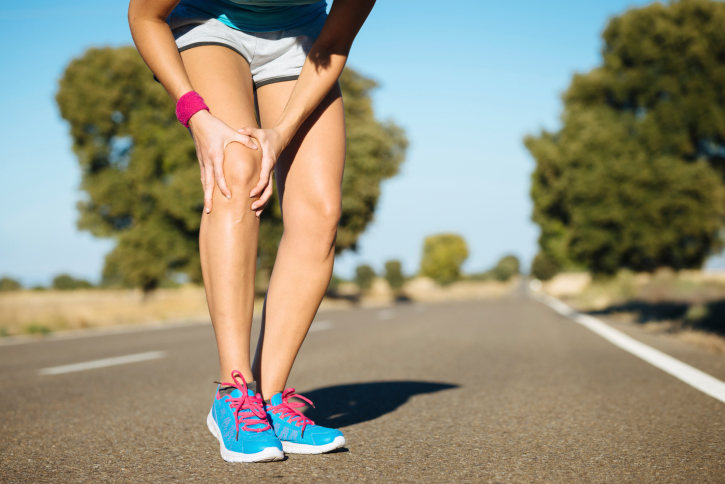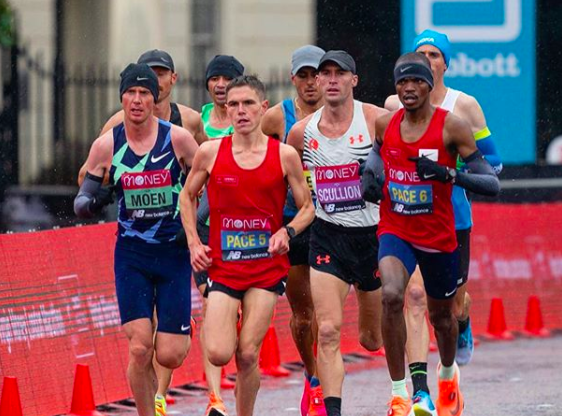Why running doesn’t wreck your knees
Researchers have arrived at a new theory for why a sport which should ruin your knees, doesn't seem to

Over the past several years, research has emerged that debunks the well-entrenched idea that runners have bad knees, or if they don’t yet, they eventually will. A 2019 study that considered the knees of runners who’d completed 1,000 marathons and another that performed MRIs on 82 novice marathoners before and after their first 42.2K found the majority of runners’ knees to be in relatively good condition. Recently, an August 2020 study furthered the idea that running isn’t killing your knee joints by taking a closer look at cartilage and its ability to adapt.

RELATED: 5 exercises to activate glutes and hips that the pros love
Knee cartilage is the soft tissue that protects the ends of the leg bones and the kneecap, and that is broken down in knee osteoarthritis. Research has shown that, despite the higher load running places on the knees compared to walking, runners don’t appear to be at higher risk of developing knee arthritis. In fact, the risk is about the same for runners and walkers. These scientists aimed to develop a model that might explain why this is.

In the study, a group of healthy young men and women walked and ran along a track. One group walked 6K and the other group walked 3K and then ran 3K. Researchers were looking to see if the subject’s cartilage was able to adapt to the new training load, and repair and rebuild itself. They assessed this using their real-time findings, and a theoretical model they created to try and predict the future of these knees and their cartilage, years down the road.
While the model researchers used is theoretical, they found that when they controlled for the knee’s ability to rebuild itself, running could improve cartilage health dramatically. Without adaptation, the runner’s knees were assessed at a 95 to 98 per cent chance of developing arthritis. With adaptation, the likelihood went down to 13 per cent, which was the same likelihood of walkers developing arthritis.

Researchers believe that without the ability to adapt, cartilage wouldn’t be able to withstand a lifetime of loading from running. When cartilage is healthy, the significant load that’s placed on it while running might actually be able to extend its life, as opposed to shortening it. They believe this is the next step for knee research and could help support what they call the cartilage conditioning hypothesis – a working explanation for why runners are able to run without severe injury.
RELATED: Knee pain in runners: new theories on patellofemoral pain syndrome


